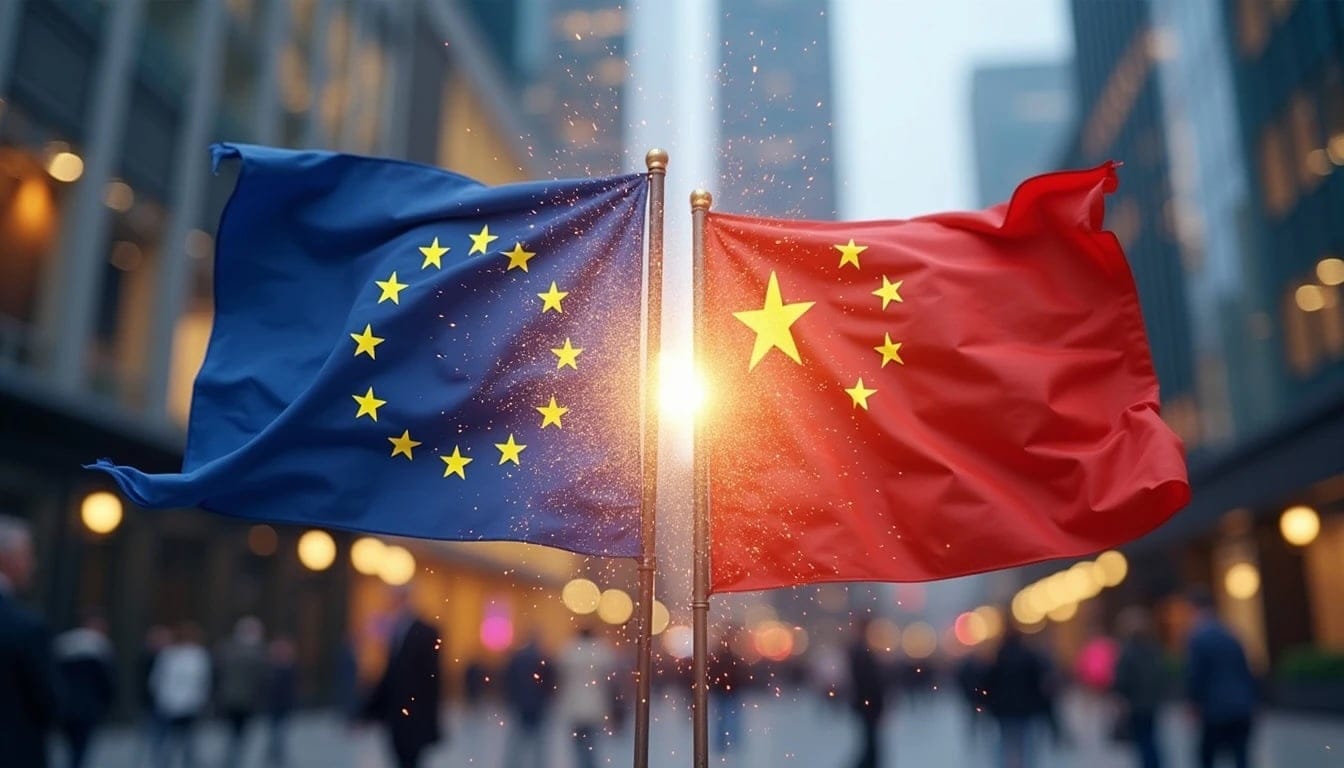The European Union and China have taken a significant step in digital cooperation by inaugurating a new mechanism for cross-border data flows on August 27. This initiative is the result of previous political agreements and aims to address the growing concerns of European companies operating in China.
Background and Objectives
The mechanism is the result of agreements reached in 2023 between high-level officials from the EU and China, including:
– Vice President Jourová and Vice President Zhang Guoqing at the EU-China High-Level Digital Dialogue.
– Executive Vice President Dombrovskis and Vice Premier He Lifeng at the EU-China High-Level Dialogue on Economy and Trade.
The main objective is to facilitate cross-border transfers of non-personal data for European companies, while ensuring compliance with Chinese data legislation.
Importance of Data Flows
Cross-border data flows are crucial for:
– International trade
– Foreign direct investment between the EU and China
– Key sectors such as finance, insurance, pharmaceuticals, automotive, and ICT
– Research and development activities
Concerns of European Companies
In recent years, European companies in China have faced:
– Uncertainty and difficulties in exporting data from China
– Concerns about the systematic application of security authorizations for the export of “important data”
– Lack of clarity in the definition of “important data”
These restrictions have contributed to a decrease in the confidence of European investors in China.
Next Steps
Further engagement at the expert and technical level is anticipated, with the aim of reviewing progress at the political level in future meetings. This mechanism represents the first cooperation structure of its kind between the EU and China, marking a significant milestone in bilateral digital relations.
The successful implementation of this mechanism could have a significant impact on facilitating trade and investment between the EU and China, especially in sectors that heavily rely on cross-border data flows.

